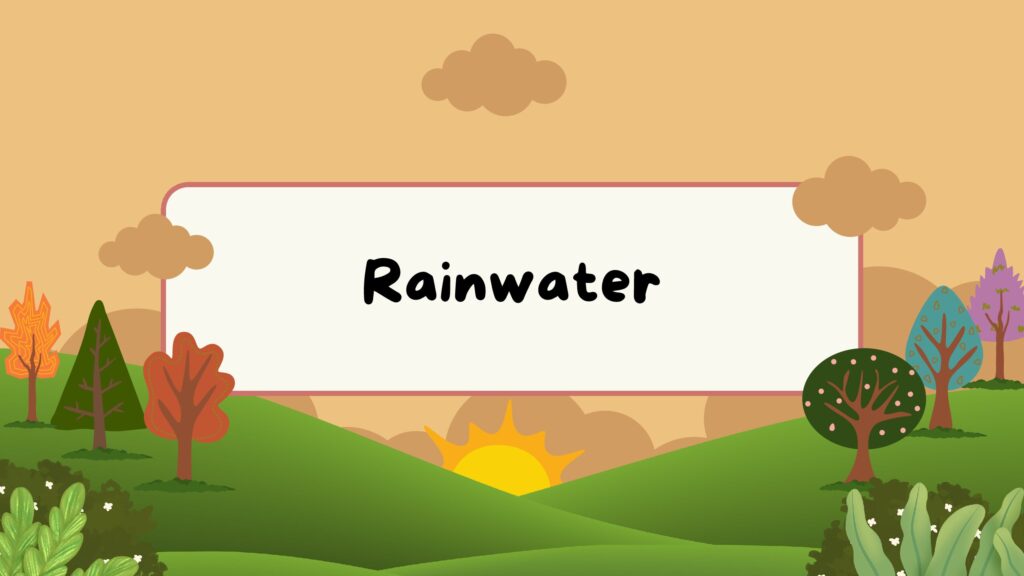Rainwater
Introduction
The suitability of rainwater for consumption has piqued the curiosity of many individuals. The questions “Can rainwater be consumed?” and “Should it be?” are frequently asked. In this article, the subject will be explored to provide a comprehensive understanding of the benefits, risks, and considerations associated with the consumption of rainwater.
https://sumhelath.com/wp-admin/post.php?post=937&action=edit
The Purity of Rainwater
Rainwater is formed through a natural process known as the water cycle, involving evaporation, condensation, and precipitation. When rainwater descends from the sky, it is typically free from harmful pollutants and contaminants. However, this purity can be compromised as it travels through the atmosphere and comes into contact with various surfaces, such as roofs, trees, and pollution particles.
Harvesting Rainwater
Rainwater can be harvested and collected using different methods, including rain barrels, cisterns, or rooftop catchment systems. These systems are designed to capture and store rainwater for various purposes, including drinking water. It is crucial to ensure that the collection system is clean, properly maintained, and made from non-toxic materials to prevent any contamination of the water.
The Benefits of Consuming Rainwater
- Environmental Sustainability: The utilization of rainwater as a drinking source reduces reliance on groundwater and public water supplies. Additionally, water conservation is promoted, alleviating the strain on existing water sources.
- Soft and Natural Taste: Rainwater is known for its soft and refreshing taste, owing to its low mineral content. Moreover, this taste is preferred by some individuals over tap water, which may contain chemicals or have a distinct flavor.
- Potential Health Benefits: Rainwater is generally free from additives, such as chlorine, commonly found in tap water. Consequently, some believe that consuming rainwater may offer certain health benefits, although scientific evidence on this matter is limited.
Considerations and Risks
- Contamination Risks: However, rainwater can be contaminated with pollutants, bacteria, and other microorganisms as it comes into contact with various surfaces during its journey from the sky to collection points. Potential contaminants include bird droppings, dust, chemicals, and pollutants from industrial activities. Therefore, the implementation of proper filtration and treatment methods is essential to ensure the safety of rainwater intended for consumption.
- Seasonal Variations: Furthermore, the quality of rainwater may vary depending on the season and location. Factors such as air pollution levels, agricultural activities, and industrial emissions can affect the purity of rainwater in specific regions. Hence, regular testing and monitoring of rainwater quality are advisable to determine its suitability for drinking purposes.
- Lack of Essential Minerals: While rainwater may contain low levels of contaminants, it also lacks essential minerals typically found in tap or groundwater. Consequently, relying solely on rainwater for drinking purposes may lead to mineral deficiencies over time. Therefore, a balanced diet and alternative sources of mineral intake should be considered if rainwater is primarily relied upon for hydration.
Conclusion
In conclusion, the direct consumption of rainwater without proper filtration and treatment poses potential health risks, despite its apparent purity and refreshing nature. The harvesting of rainwater for drinking purposes necessitates careful consideration, appropriate collection systems, and thorough filtration and testing to ensure its safety. Consulting with experts, adhering to local regulations, and implementing suitable treatment methods can help determine the viability of rainwater as a drinking source in specific locations. Ultimately, the decision to consume rainwater should be based on comprehensive research, local guidelines, and personal considerations.

